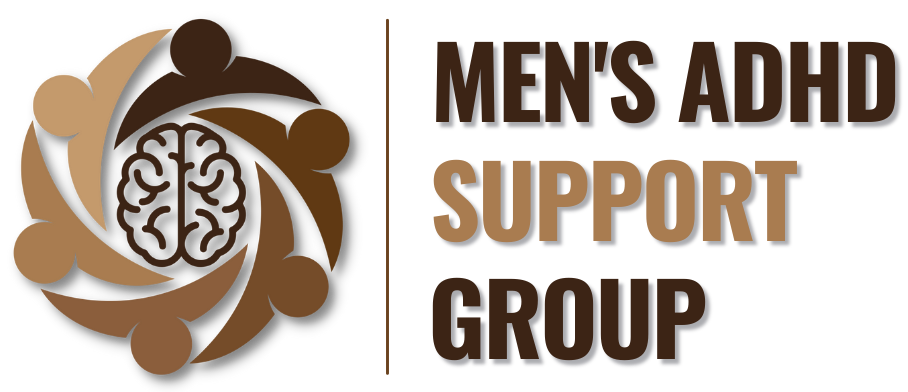stimulant crashes and ADHD Management
ADHD can feel like a constant fight with our own minds. We juggle racing thoughts, anxiety, fear, feelings of mistakes, and periods of isolation, all while seeking the dopamine that our brains crave. Often, we find many of us lean too heavily on stimulants for this dopamine, overlooking other crucial aspects of ADHD management. This does not mean that medication should be ignored. It simply means that we need to be realistic and understand that medication is only one aspect of managing ADHD. Therapy, lifestyle changes, and working with medical professionals is absolutely necessary to manage ADHD effectively.
Stimulant crashes occur when ADHD symptoms return full-force in the afternoon, causing headaches, confusion, loss of concentration, and more. These crashes can happen for several reasons, all connected to how medication interacts with our unique biology. Different people may respond differently to the same drug or dosage. Sometimes, doctors who lack in-depth ADHD knowledge start patients off on low doses, either to observe side effects or due to stigma around these medications. We also see an issue with this when medication supplies run low, our symptoms may return even stronger. This withdrawal can be tough and, for those on higher doses, might last longer. With the current shortage, we are seeing more and more of this.
It's important to remember that medicine isn't the only answer to managing ADHD. We need to recognize how stress, frustration, and feeling overwhelmed can worsen our symptoms. This is where therapy and lifestyle changes come in, teaching us skills to manage our condition better.
So, how do we cope with stimulant crashes?
Firstly, consult your psychiatrist. They can help adjust your medication or suggest alternative medications. If medication is unavailable or ineffective, they can guide you to other ADHD management strategies.
Therapy can help navigate feelings of stress and frustration. Therapists specializing in ADHD can aid in processing emotions, facing trauma, and uncovering your authentic self, thereby improving your executive functioning. Examples of therapy that is beneficial for ADHD is Cognitive Behavioral Therapy.
Maintaining a balanced diet can help stabilize mood swings and energy levels. Regular meals and healthy snacks are crucial, along with helpful supplements like saffron and L-Tyrosine. I understand that a lot of people talk about diet being important to managing ADHD, and many of us roll our eyes, but here’s the thing, it is important for managing ADHD.
Physical activity, such as jogging, walking, or yoga, can also lift your spirits and energy. Outdoor exercises are particularly beneficial. Remember, exercise doesn’t have to be in a gym, any kind of movement is good.
Staying hydrated is essential, as medication can often cause dehydration, leading to increased anxiety, distractions, and fatigue. Remember to drink water, especially during heat or post-exercise. This is absolutely necessary and non-negotiable.
Adequate rest is crucial for managing mood changes. Regular sleep patterns and occasional naps can help, but if you struggle with sleep disorders, consider seeing a specialist. Without good sleep, the level of burnout and overwhelm we deal with skyrockets.
In conclusion, the right treatment and support are vital in managing ADHD. Psychiatrists, therapists, and support groups can work together to create a robust support system. Medication is only part of the solution. By adopting appropriate strategies and the support of groups like the Men's ADHD Support Group, we can navigate ADHD successfully, one day at a time.
Shane Thrapp is a Certified ADHD Life, Relationship, and Career Coach.
Through his business, Creating Order From Chaos, he has helped hundreds of people find their paths through the chaos of life with ADHD and find their order and purpose.
He is also the Operations Director for our nonprofit Men’s ADHD Support Group, a board member for the Inattentive ADHD Coalition, and a public speaker who works to be a voice in advocacy for adult ADHD awareness.
If you want to help support our efforts, then please consider donating or volunteering so that that we can keep Inspiring, Educating, and Empowering men to thrive with their ADHD.

